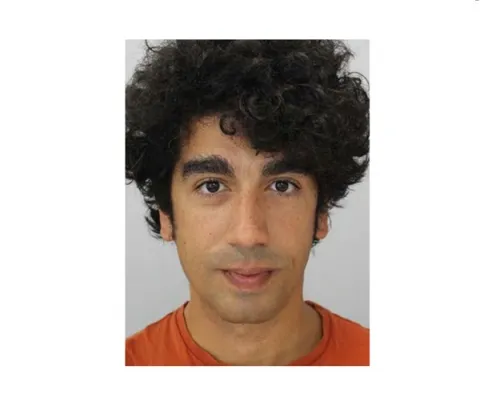About the project
This project aims to find the best method to harness the biomechanical potential of plants to develop farming in hostile ground conditions.
The UK food related activities contribute to a staggering quarter of a trillion pounds, greater than10% of UK gross domestic product (GDP) in 2022. More than half of this value is generated by the agri-food sector, £128 billion. Despite its strategic importance, agriculture remains a sector with the lowest science and technology capital.
The need to feed the growing UK population results in intensified farming, leading to compacted land unsuitable for agriculture. Regenerative farming attempts to naturally tillage soils using plants and animals.
Plants, in particular, are known to exert pressures sufficient to crack chalk and asphalt. Selecting and breeding plants that can flourish in hostile environments on planet Earth and beyond, is a clear and present need. However, measuring and quantifying the pressure exerted by the root tip in real-world in situ conditions is extremely difficult.
As a researcher on this multi-disciplinary project, you'll have the opportunity to:
- use pioneering measurement technologies to quantify and understand root biomechanics in soil
- use core principles of engineering, physics and biology
- utilise your visiting scientist status at the prestigious Diamond Light Source in Rutherford Appleton Laboratory
- collaborate closely with world-class scientists from Diamond and Southampton to use state-of-the-art X-ray imaging and diffraction techniques
- monitor the activity of plant roots at different scales and growth processes in situ, leading to quantifying and visualising never-before-seen, localised stress fields around growing root tips
- develop image-based models to serve as digital twins of the systems, extending the utility of this work beyond experimental limitations
By the end of this project, you will:
- attend and present at 2 or more international conferences, such as AGU
- have demonstrable skills in project management, collaborative research, technical writing and communication
- have expert level knowledge in X-ray imaging, X-ray powder diffraction and data science
- be a subject expert in plant and soil biomechanics
For more project information, please view our pre-published case study.
Project supervisors
Alongside Dr Ahmed and Professor Roose you will also be supervised by Dr Sharif Ahmed and James Le Houx.
